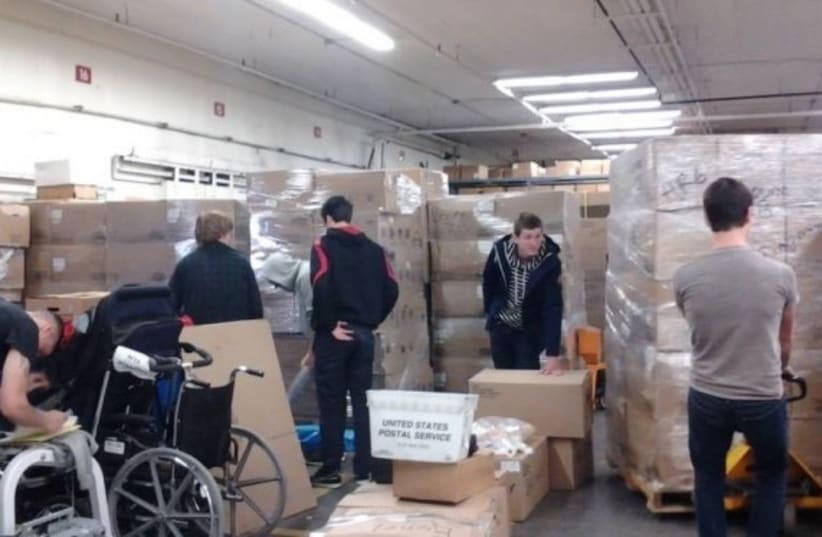US faith group facilitates unique ties between IDF and Syrian war victims
“If the people involved in the Arab-Israeli conflict are able to rise above all that, there is hope for any conflict anywhere in the world,” says founder of multi-faith alliance.
